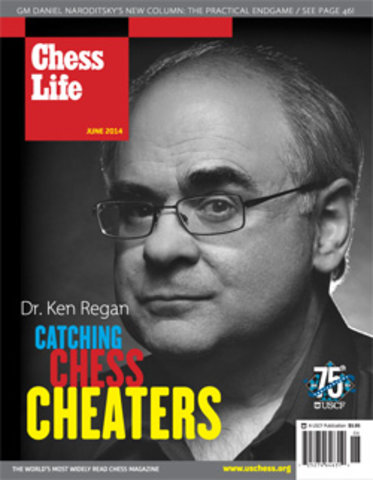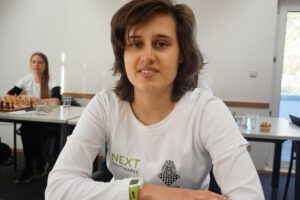To understand and prevent cheating, the chess community should pay attention to the scientific literature in behavioural economics and other fields, urges Wolfgang Grünstäudl.

Every chess player who follows the debate on cheating has heard of Kenneth (or Ken) Regan. He is an Associate Professor at the Department of Computer Science and Engineering at the University of Buffalo and himself a 2372-rated International Master. Regan has developed statistical methods to prove cheating in a series of scientific papers which are accessible on his homepage.
His approach was explained in a Chess Life cover story and, more concisely, on the website of the Downend & Fishponds Chess Club in Bristol. As Regan himself points out, “statistical evidence is secondary to physical or observational evidence of cheating when judging a case” and “statistical evidence is much easier to obtain where it is supplemented and supported by other evidence, such as suspicious behaviour.”
Chess.com, Lichess and FIDE are applying his methods, but there is no shortage of criticism. Alexander Grischuk considers Regan’s approach completely unsuitable, as it exposes “only the very stupid ones who stubbornly play the computer’s first line”. Evgeny Gleizerov, another Russian grandmaster, suspects that behind the “smoke screen” of a supposedly effective algorithm-based cheater investigation, really clever cheaters could be all the better hidden. If FIDE continues to rely on statistical methods like Regan’s in times of Covid-19, Gleizerov oracles, chess is poised “to become a version of the shell game”.
Such radical criticism is less of a challenge for Regan than the near absence of technical or scientific criticism. Even though there is not the slightest doubt about the expertise and integrity of the American professor, his de facto monopoly in the narrow research area of “cheater recognition in chess using statistical methodology” is far from optimal.






More Stories
“Clash of Claims”: Kramnik lamentiert, Martinez bleibt cool
Nach St. Pauli jetzt der HSK: Weissenhaus-Akademie lotst Huschenbeth und Costa von München nach Hamburg
Freestyle: Willkommen im Club
Selbstbestimmung über alles!
Kleiner Fehler, große Wirkung? — Traktat über die Engine-Bewertungen
Anmerkungen zur offiziellen Sichtweise der Dortmunder Turnierausrichter in der Causa Kramnik